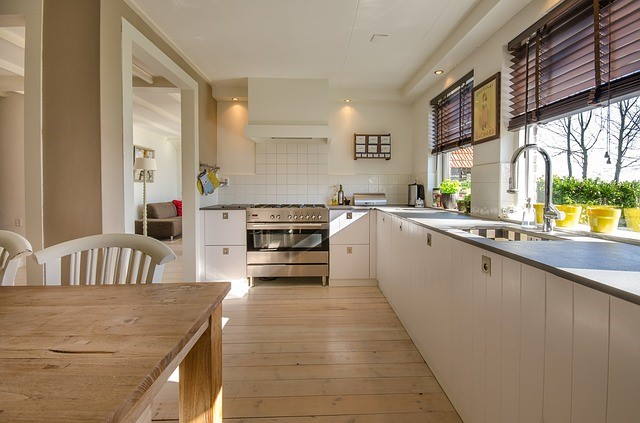Finding a home that protects your independence:
Aging in place has become a popular topic in recent years as more and more seniors make the decision to live at home as they grow older. And as we lengthen our collective lifespan, it’s important to make smart plans for the future and find ways to remain safe and comfortable when living independently. That’s why it’s crucial to ensure that your fits your specific needs.
Many people assume that homes are one-size-fits-all, but when it comes to seniors, every home is very different. You may need something with an open floor plan for ease of navigation, or you might require a house with zero-step thresholds to help prevent falls. While there are several accessibility modifications that can be done to a home — some of which are DIY — many “lifelong homes” are built with these needs already in mind, which means there are things you can look for when you’re house hunting. With your budget a priority, it’s imperative to make sure you understand a home’s capabilities as you get older.
Here are a few things to look for when you’re searching for a home post-retirement.
Learn What Your Needs Are
Many seniors live independently and want to continue to do so, but if you live alone, you may not even realize the toll that caring for yourself is taking. If cooking, bathing, and cleaning your home are becoming too much for you to handle, it may be worth looking into moving to an assisted living facility. There are many online resources and guides these days that can help you find the best living situation for your needs, so think carefully about what those are. Keep in mind that facilities in the Milwaukee area cost between $1,500 and $9,150 per month. What’s more, Milwaukee also offers an assortment of activities for seniors to enjoy, including nature hikes, themed restaurants, and several farmers markets.
Consider Mobility
Because falls are one of the most common causes of injury for seniors in the US, it’s imperative to think about your mobility and how your home affects it. Even if you are perfectly healthy, navigating your home can be difficult if the flooring is slippery or if there are steps or high thresholds, and the risk only increases with age. Look for a home that has soft but sturdy flooring made of a material like cork, as well as thresholds and showers that are easy to step into rather than step over. You should also consider the width of doorways to allow for medical equipment.
Stay Social
One of the best things a senior can do for themselves is to remain social after retirement. Isolation and depression are very real issues for many older adults once they don’t have a job to go to every day. However, if you make sure your home is close to friends, family, and social opportunities, you can maintain those relationships and your mental health at the same time. It will also be helpful to choose a community that is close to the places you frequent if you aren’t comfortable with driving yourself anymore.
Make Life Easier
As a senior, you likely want things around your home that will help you feel comfortable and make life easier at the same time. This might mean door, cabinet, and drawer levers that are easy to grasp rather than handles or knobs, or contrasting paint colors behind the toilet, stove, and sink to aid a vision impairment. While these are things you can change on your own, a home that already has these features will likely have other senior-friendly modifications as well.
While there are many things you might look for in a new home, keep in mind that your budget is a key component; don’t underestimate how much it will cost to move, especially if you are selling your current home. Planning well now will help you avoid problems down the line so you can make a smooth transition to your new home.
We Can Help
BILD provides consulting services to assist individuals or families with evaluating accessible housing options. We can assist by evaluating your individual needs, living features of homes, apartments, or condos, and estimated costs of additional modifications. We have assisted individuals with disabilities, insurance agencies, and families in the greater Milwaukee and Chicago areas with searching for accessible housing options. Contact us today!
This article was written by Hazel Bridges – an advocate of health and wellness for seniors.

